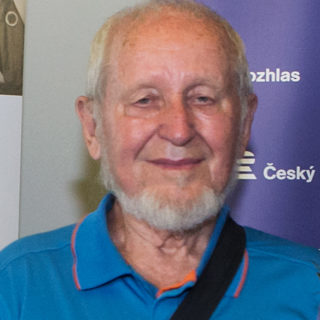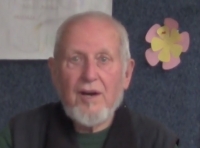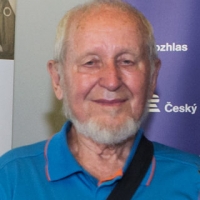The worst is when the heart toughens up

Stáhnout obrázek
Josef Hořák was born on March 14, 1933 in Chrlice, which is now a part of Brno. He remembers the war years and the liberation of Chrlice in April 1945. In 1951 he trained as a carver, but he did not enjoy the work much. That‘s why he started as a driver right after school. He was arrested in February 1953, because from 1951 he belonged to the group of Ladislav Samšeňák and Jiří Syrový, whose members sent intelligence information to the West. He eventually spent four years in prison, went through a number of prisons and eventually worked as a sculptor in Ostrov nad Ohří. After his return in 1957, no one in Brno wanted to employ him. He started working again in the Jáchymov mines, where he also worked during his imprisonment. He then worked as a driver for a Brno transport company, and when he finished industrial high school, he made a living as a construction manager. He was fully rehabilitated in 1990.

